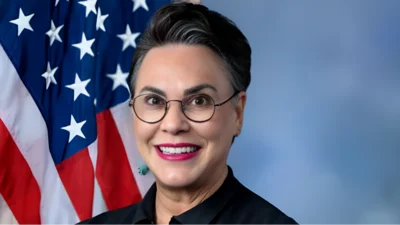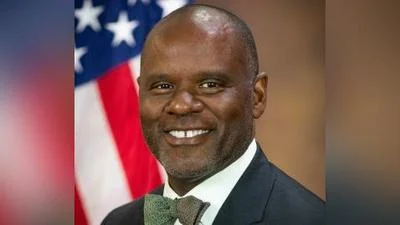WASHINGTON, DC - Energy and Commerce Committee leaders today sent letters to nine contract pharmacies that participate in the 340B Drug Pricing Program (340B Program), requesting information about their participation in the program.
The leaders cited a report issued by the Majority Staff in January 2018, which followed a two-year investigation showing that despite the 340B Program’s tremendous growth, it lacks robust oversight, meaningful reporting requirements, and reliable data.
The letter was signed by Energy and Commerce Committee Chairman Greg Walden (R-OR), #SubHealth Chairman Michael C. Burgess, M.D. (R-TX), and #SubOversight Chairman Gregg Harper (R-MS).
The letters follow a June report by the nonpartisan Government Accountability Office (GAO) on contract pharmacies that “found weaknesses in HRSA’s [Health Resources and Services Administration’s] oversight that impede its ability to ensure compliance with 340B Program requirements at contract pharmacies" and made several recommendations. For example, the GAO report found that nearly half of the covered entities GAO reviewed did not report providing low-income, uninsured patients discounts on 340B drugs at some or all of their contract pharmacies. This means that patients served by these contract pharmacies could face higher drug prices than if discounts were passed on to them.
Additionally, the GAO report warned HRSA “does not have a reasonable assurance that covered entities have adequately identified and addressed noncompliance with 340B Program requirements." The report was the primary subject of a July 2018 #SubHealth hearing that also examined 15 pieces of legislation to strengthen the program.
“Since 2010, the number of contract pharmacies in the 340B program has exploded," wrote Walden, Burgess, and Harper. “According to the U.S. Government Accountability Office (GAO), there were about 1,300 unique contract pharmacies in the 340B program in 2010, and about 18,700 unique pharmacies in 2017-representing a more than 1300 percent increase in unique contract pharmacies between 2010 and 2017."
The leaders also wrote, “The growth and oversight of contract pharmacies in the 340B program since 2010 has been identified as an issue of concern by the U.S. Department of Health and Human Services Office of Inspector General (HHS OIG) and GAO. In HHS OIG’s 2014 Memorandum Report on Contract Pharmacy Arrangements in the 340B Program, HHS OIG found that, among other things, contract pharmacy arrangements complicate efforts to prevent diversion and duplicate discounts-both violations of program requirements-and that most covered entities do not perform all the oversight activities recommended by HRSA for monitoring their contract pharmacy arrangements."
Chairmen Walden, Burgess, and Harper posed several questions to the nine recipients, requesting information on contracting practices, the distance between covered entities and contract pharmacies, to what degree contract pharmacies prevent duplicate discounts or diversion in the program, and whether contract pharmacies ensure low-income uninsured patients do not face high drug costs despite the program’s discount.
To learn more about the committee’s review of the 340B Program, visit the following links: #SubHealth ’s March 2015 hearing on the program, #SubOversight ’s July 2017 hearing on oversight challenges of the program, and #SubOversight ’s October 2017 hearing featuring covered entities.




